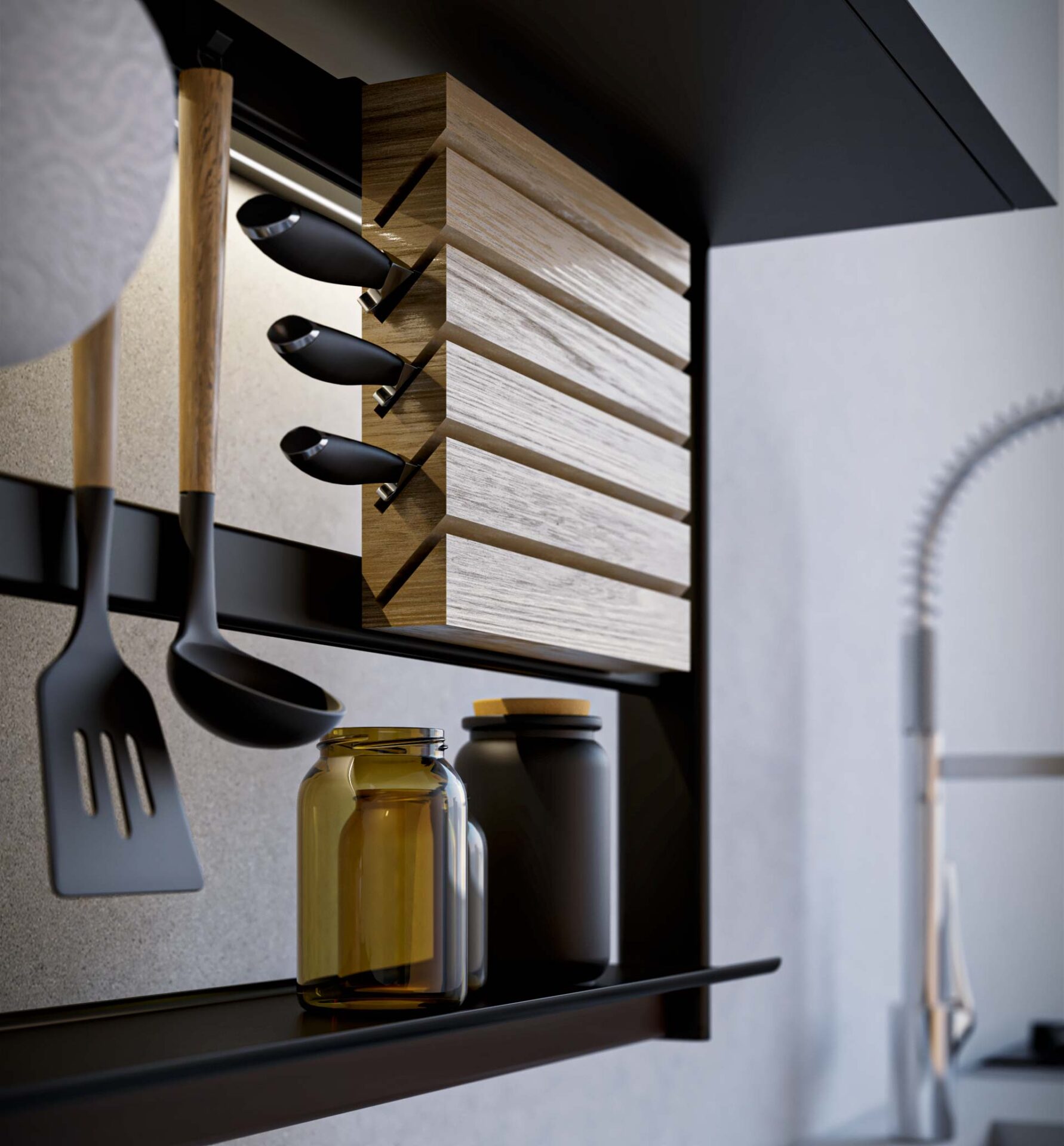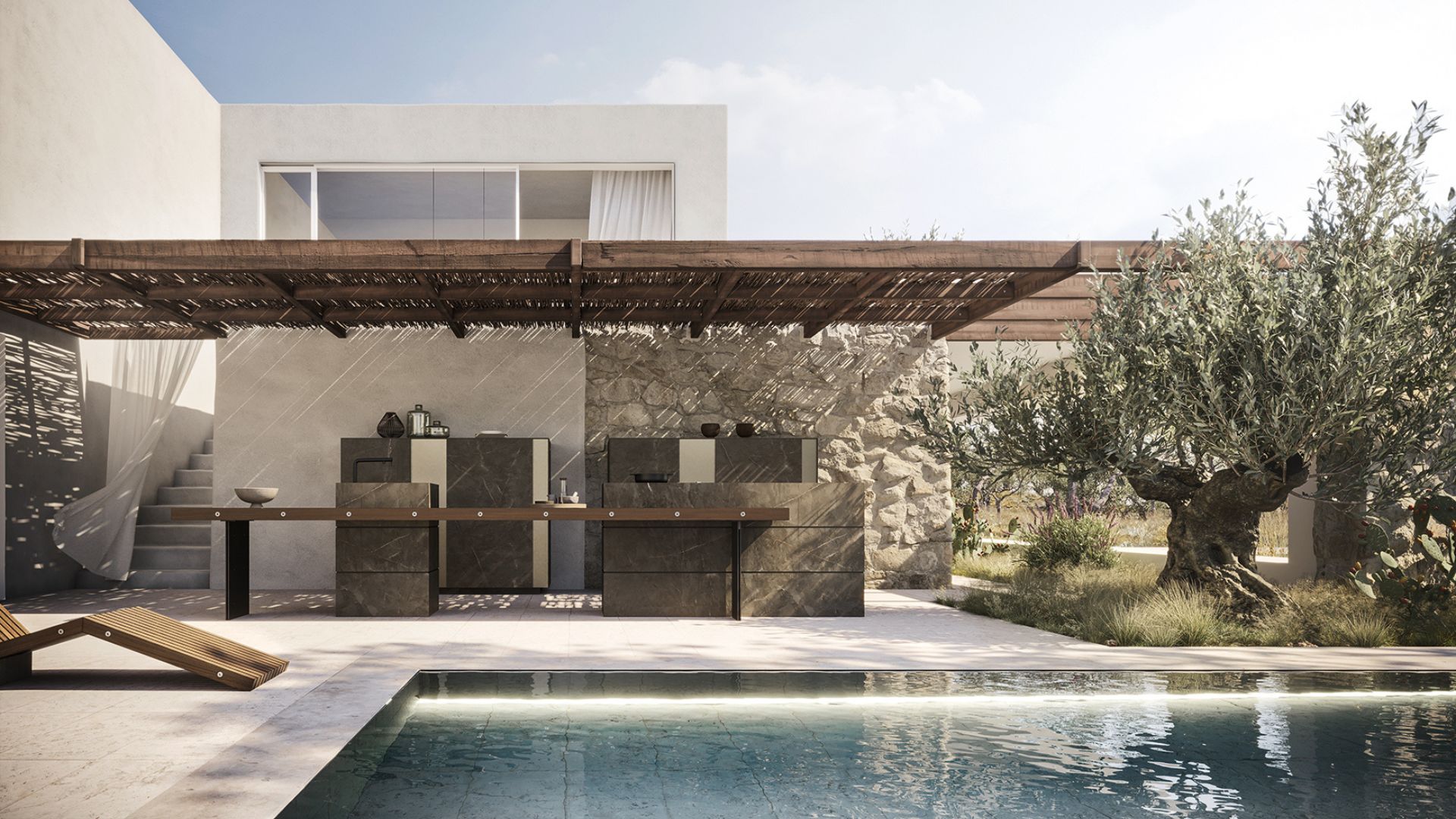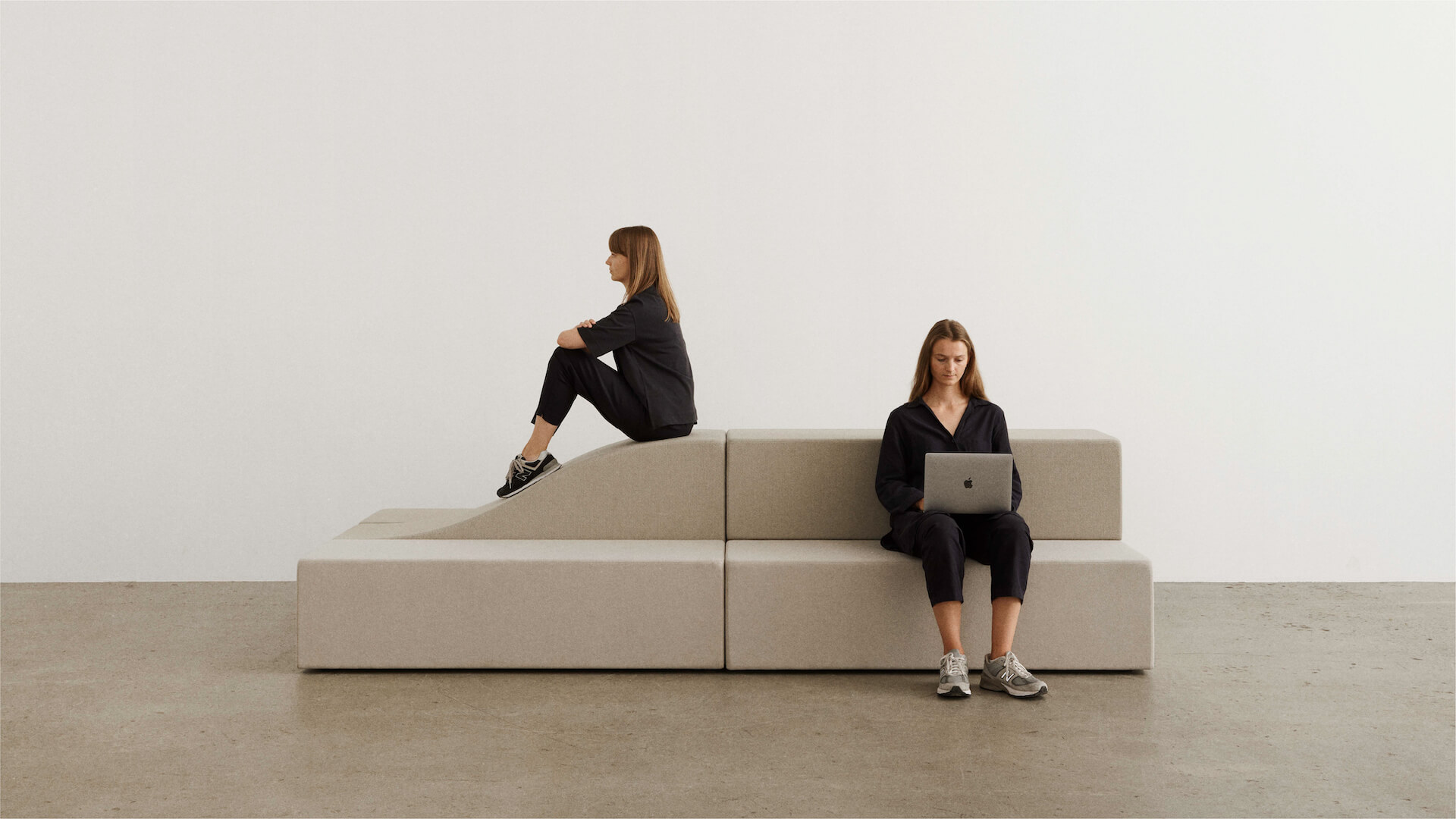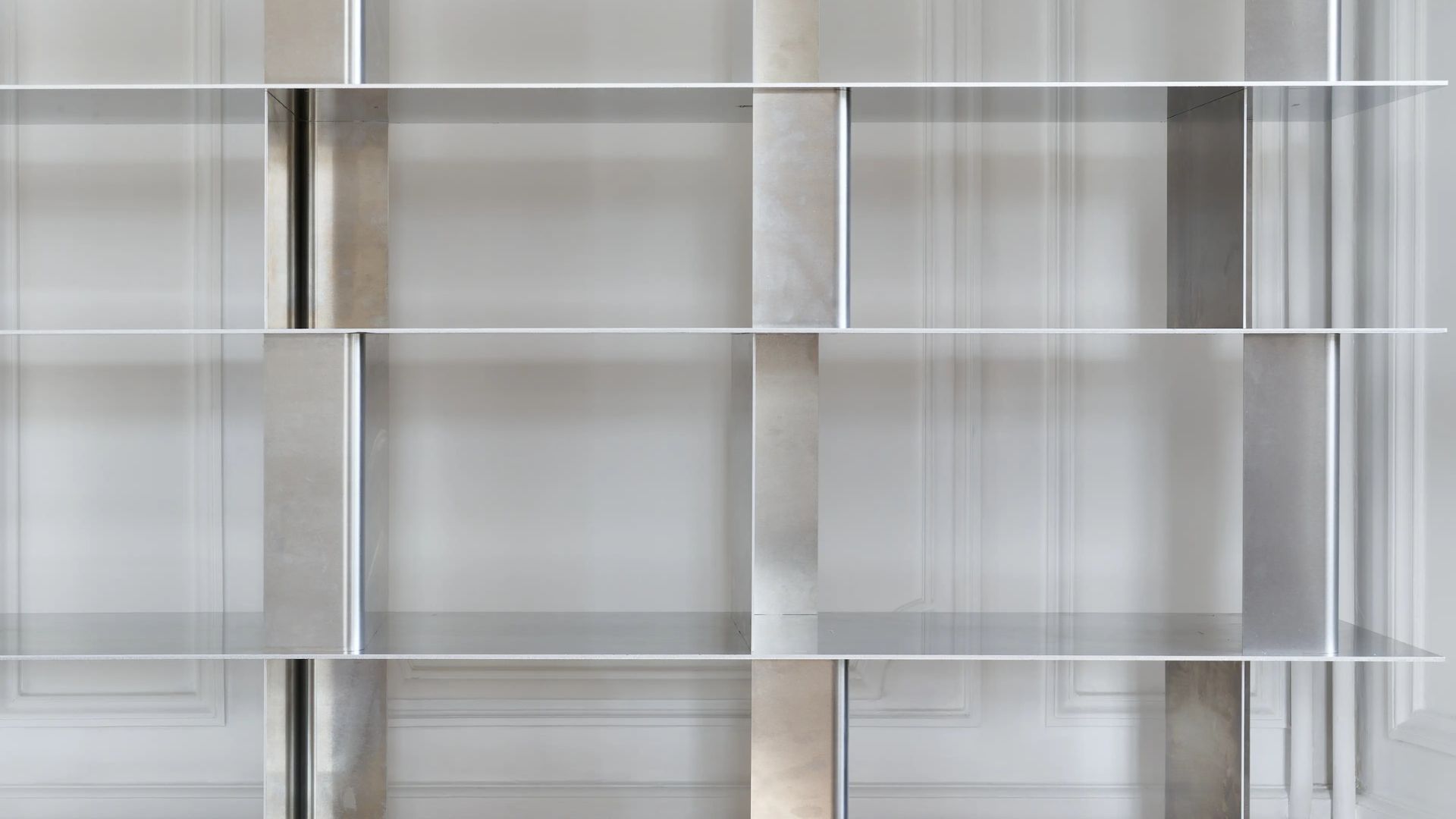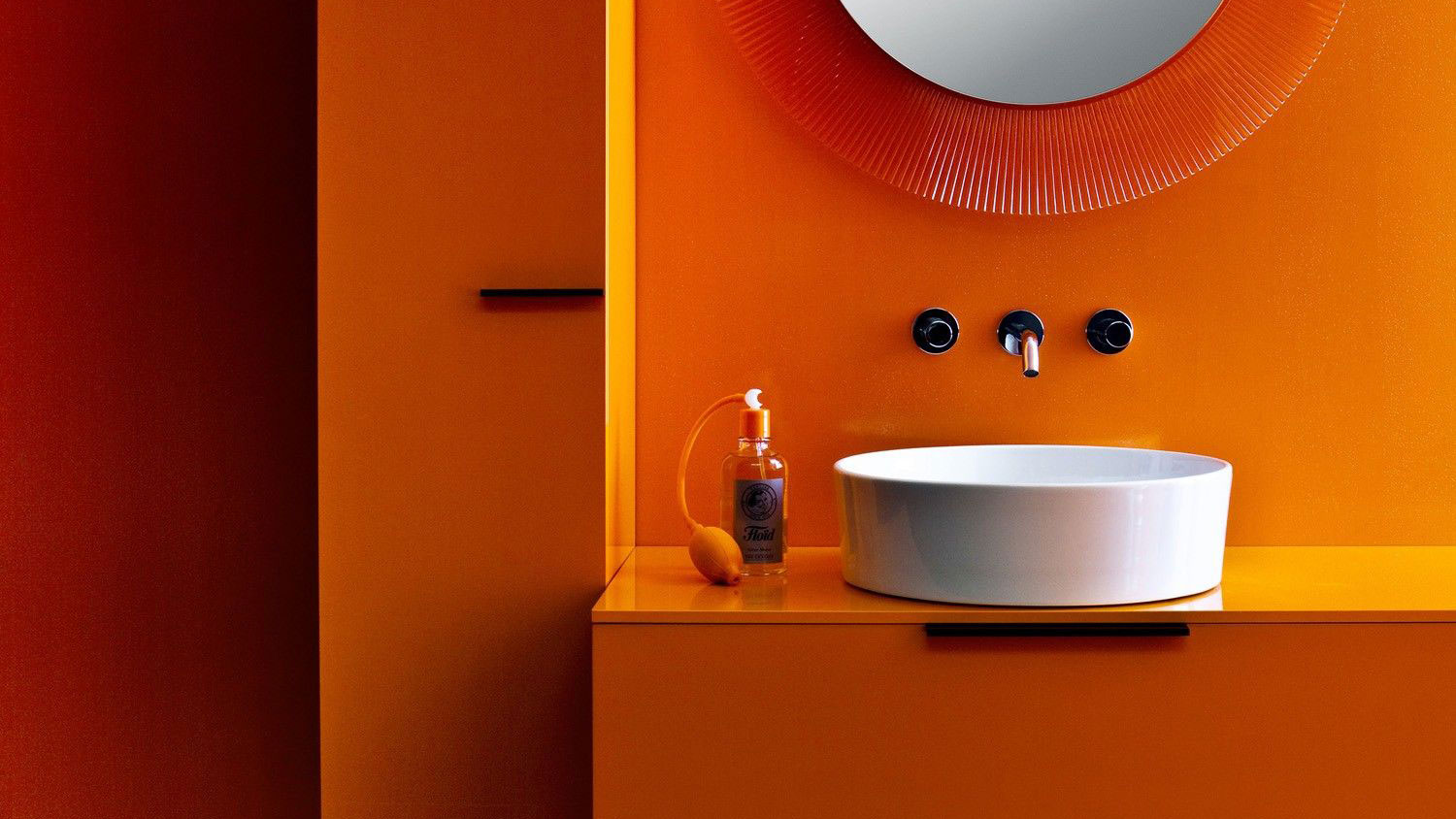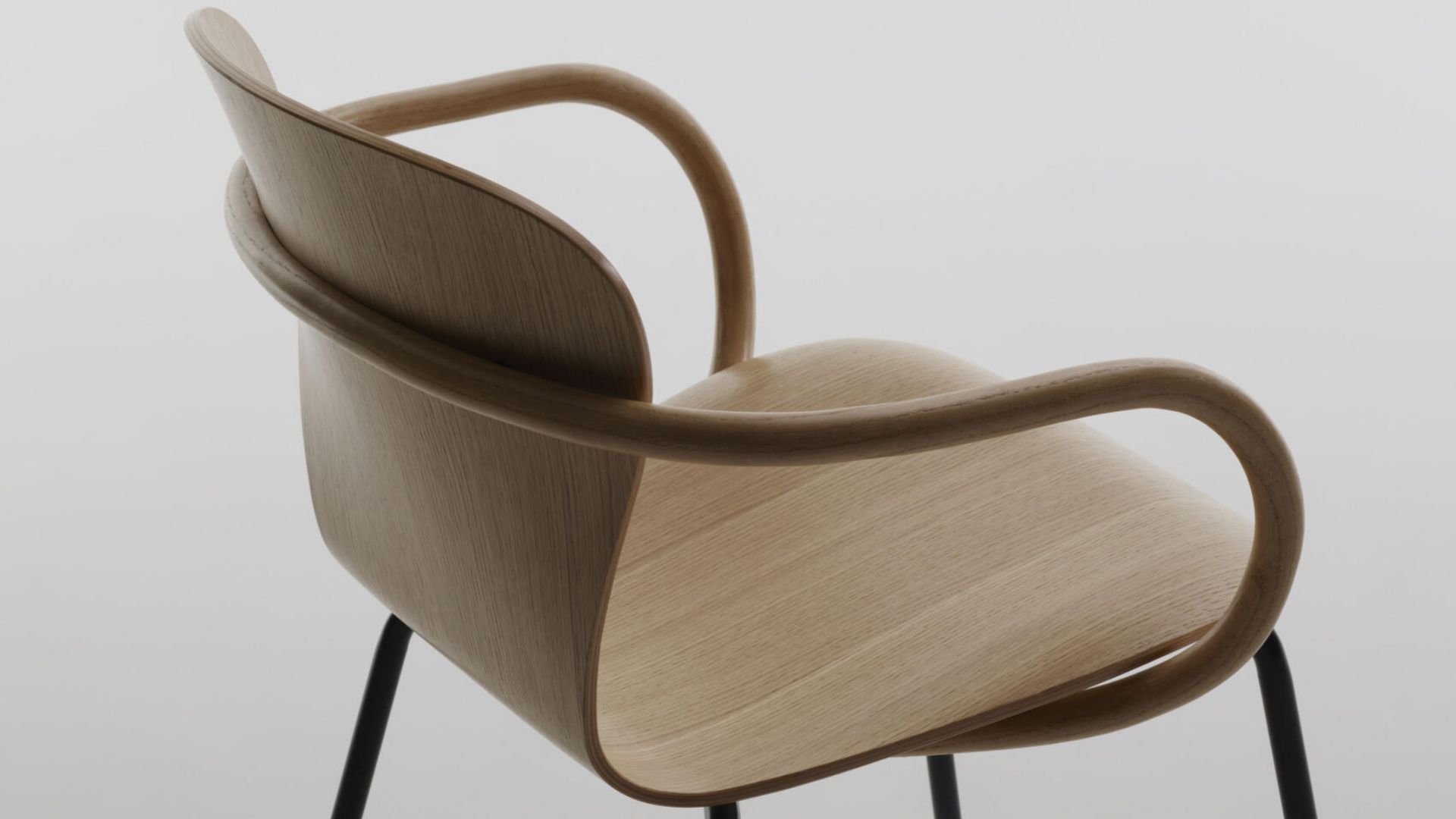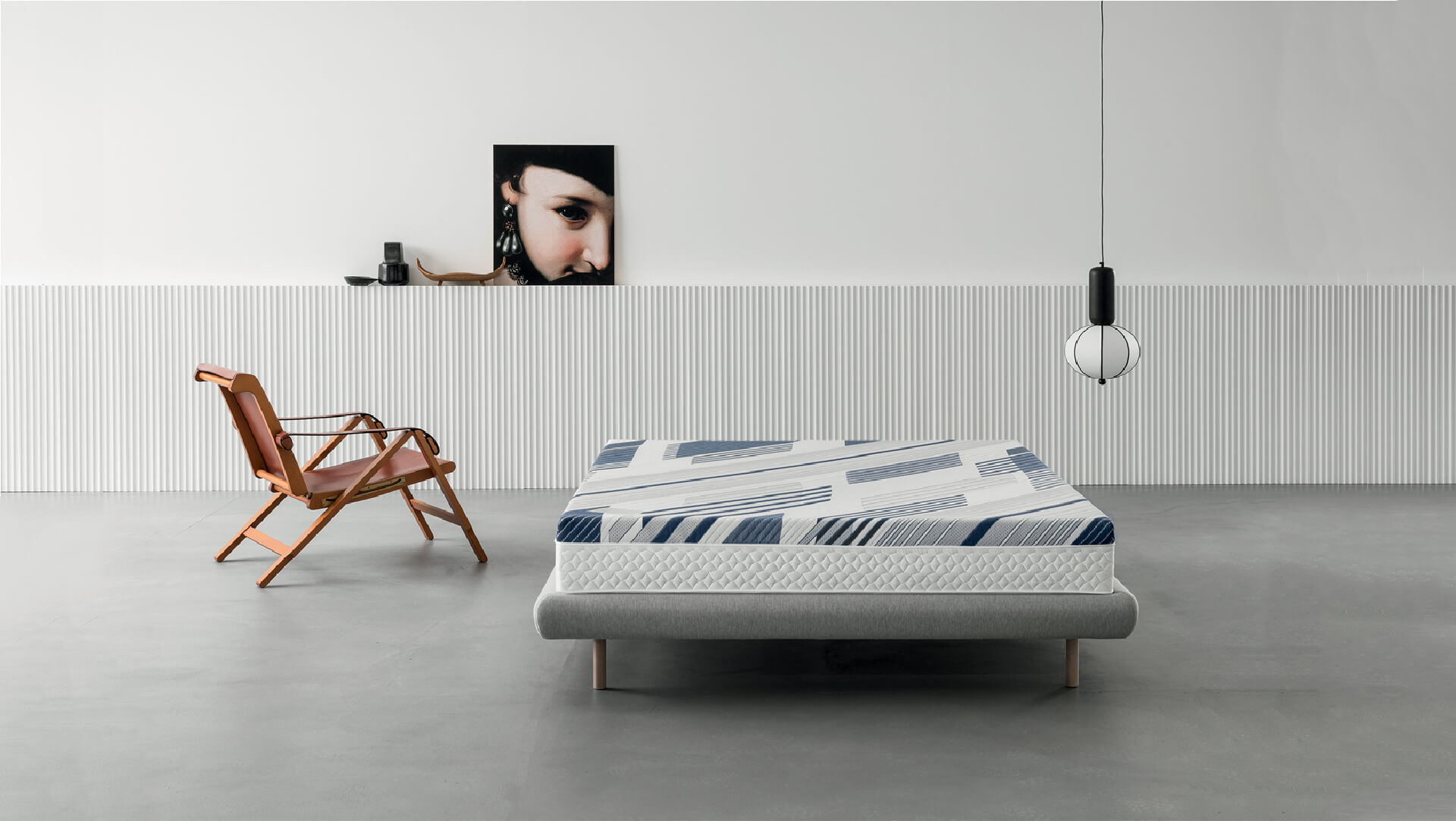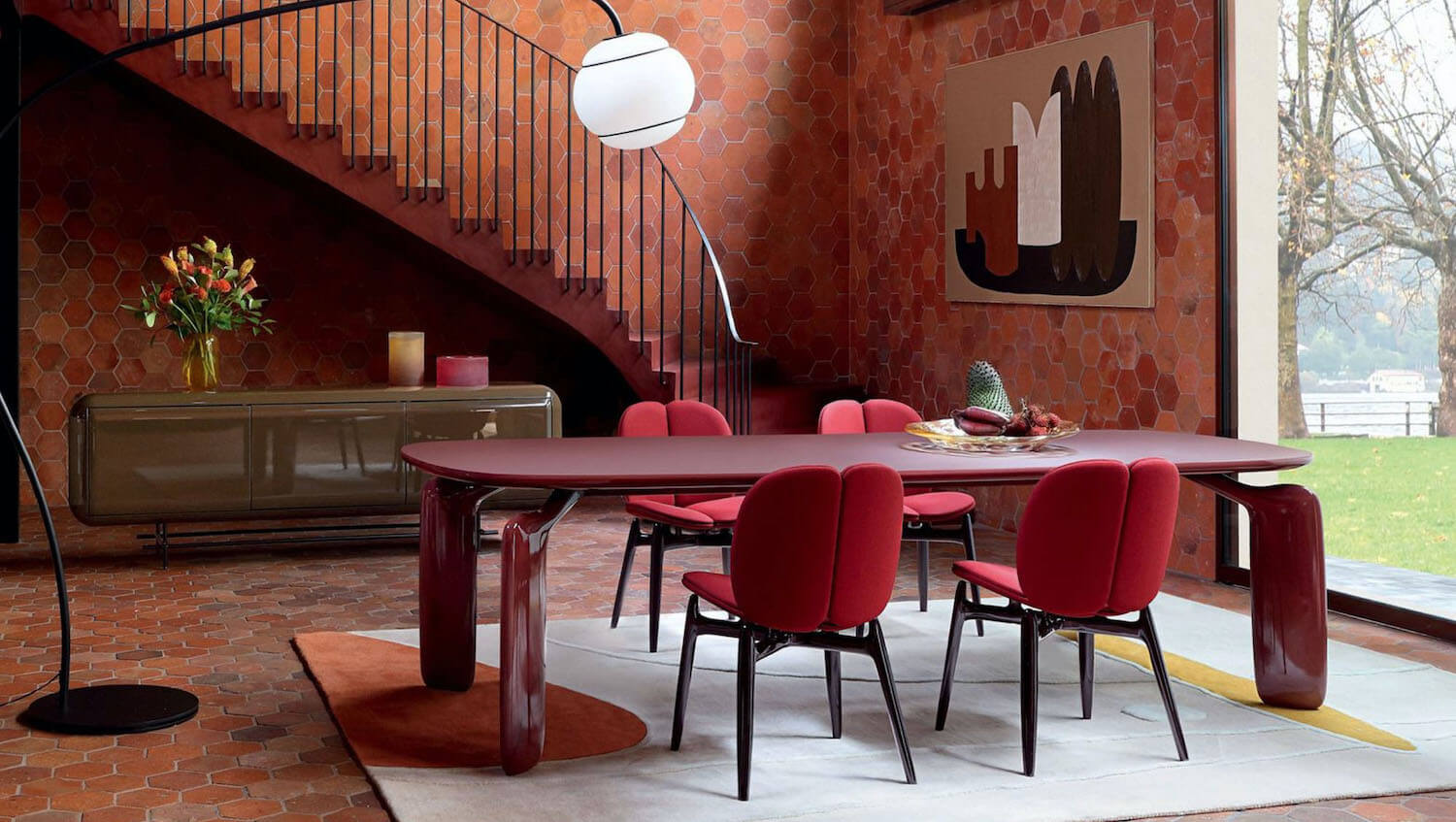Aluminium is the sustainable backbone of Damiano Latini’s designs
From using 100% recycled plastic to harnessing the versatility of aluminium, Damiano Latini is reshaping the future of eco-conscious living. Still, material choice is only one layer in the brand’s sustainability strategy.
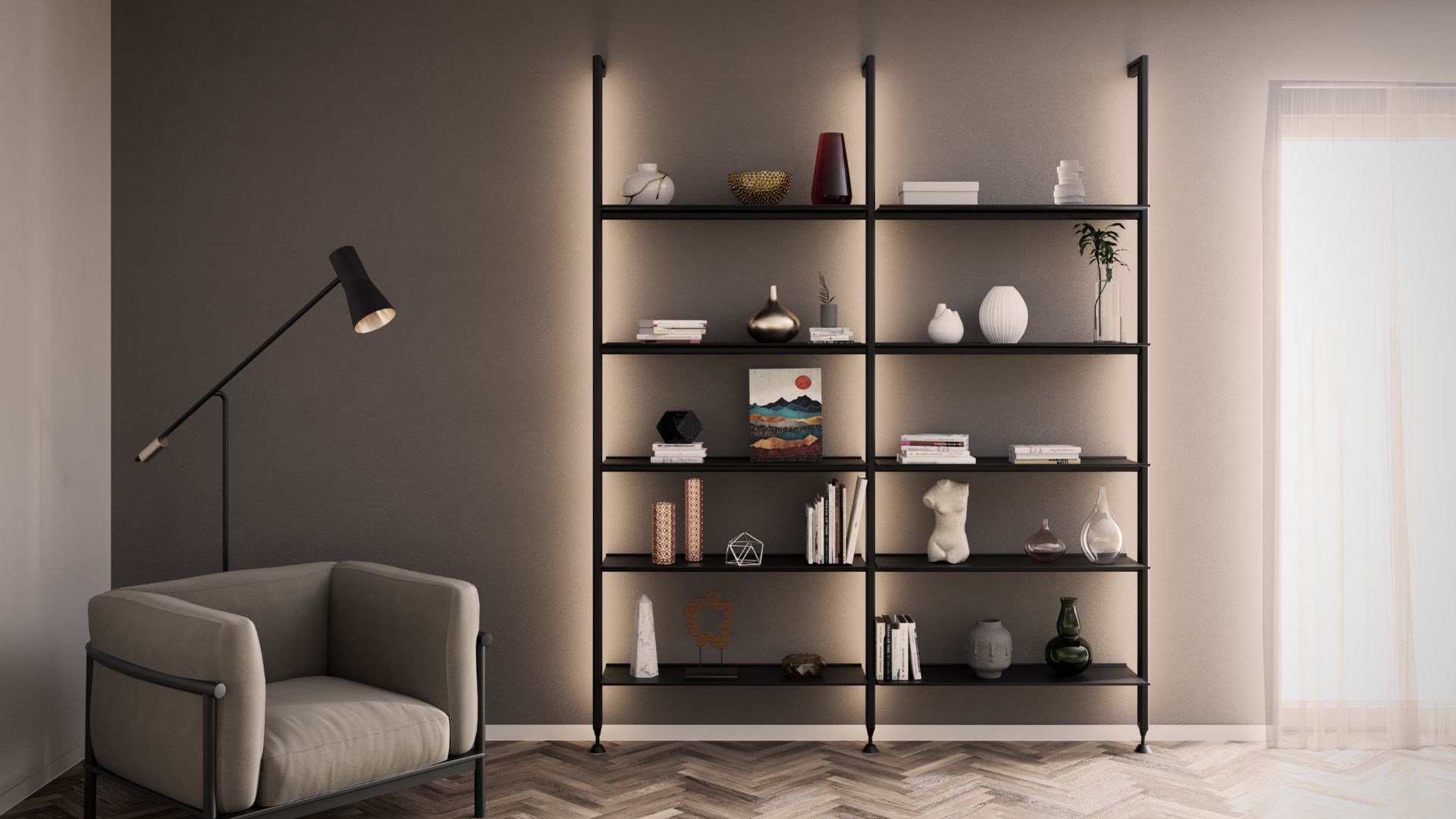
Damiano Latini envisions a world of fluid spaces, where modular furniture adapts seamlessly to evolving needs—a vision that is deeply rooted in sustainability. Founded in the early 2000s, the brand’s approach to design and manufacturing has shaped its collections, which often feature modular systems made from 100% recyclable materials. It permeates every stage of product realisation, from concept to production, focusing on two vital aspects: aesthetics and functionality.
“The aesthetic aspect is essential because a product should be appealing and add value to the kitchen if it is an under-cabinet system, or to the furniture if it is a piece of furniture or a bookshelf,” explains Latini. “Striving to create beautiful and original products also allows us to be innovative and offer furnishings on the market that are not tied to current trends and fashions.”
Gallery
Open full width
Open full width
Damiano Latini believes in designing timeless objects as an essential strategy in moving away from the throwaway product mentality. For this reason, it relies on the valuable collaboration of external designers who, thanks to their experience and cultural background, contribute to the creative process with new ideas and unique perspectives.
“This approach ensures the creation of enduring designs that reflect the company’s commitment to quality and sustainability,” says Latini. “Our innovation lies not only in creating technologically advanced and user-friendly products but also in developing items that encourage a sustainable and virtuous lifestyle.”
This philosophy is reflected in the latest kitchen systems designed and developed by Damiano Latini, in collaboration with external designers. Kitchen accessory systems like Tray and Flag are designed for easy assembly and disassembly, allowing them to be relocated or adapted if the customer moves or renovates.
“For a product to be truly long-lasting, it’s essential to prioritise both aesthetics and functionality, as well as the choice of materials,” reiterates Latini. “The selection and optimization of raw materials are critical for sustainability. By choosing completely recyclable and durable materials and minimising production waste, we significantly reduce the environmental impact of our products.”
Last year, Damiano Latini released the Super Chair by New York-based designer Nicholas Baker, which exemplifies the brand’s sustainable approach. The stackable chair is constructed entirely from 100% recycled plastic, specifically polypropylene, sourced from a renowned Italian supplier specialising in injection moulding technology.

The polymeric material is obtained from the recycling of offcuts and industrial waste without the use of fossil resources, which makes it possible to create environmentally friendly products that help to clean up the system from scraps and industrial waste, reprocessing them into raw materials instead of using fossil resources.
Another elemental material is aluminium, which constitutes an integral part of approximately 90% of its products, enabling the company to execute its creative visions in a eco-friendly way. “Aluminium is an extremely versatile material that allows for a wide range of designs and finishes,” says Latini.
“Its high ductility and malleability make aluminium easy to transform and work with at both high and low temperatures. It is our preferred material due to its physical characteristics and high structural performance.”
“Moreover, aluminium can be infinitely recycled without losing its intrinsic properties, significantly reducing environmental impact. The production of recycled aluminium requires only 5% of the energy needed for the production of new aluminium, thereby helping to reduce CO2 emissions.”

Aluminium is around one third the weight of steel, combining lightness and strength to offer a robust yet easily transportable solution. Furthermore, the wooden accessories and cardboard boxes for packaging are all necessarily equipped with FSC certification issued by the Forest Stewardship Council.
This strategic approach is still in play when the product reaches the customer thanks to Damiano Latini’s use of mechanical joints and locks instead of adhesives or resins. It facilitates the separation of different materials in its products, making it easier to recycle the furniture at the end of its life.
“This is fundamental to our work as it allows the end customer to assemble and disassemble the product more easily,” says Latini. “In terms of shipping, the ability to disassemble and reassemble the product easily allows us to ship the furniture in a flat pack format, helping to reduce packaging material for shipment.”
Another great example is the Hang modular kitchen system, designed by Andrea Federici, which uses a profile extrusion system designed to minimise excess aluminium and waste. Any production waste is recycled back into the manufacturing process, ensuring resource efficiency. The system’s design also allows for easy assembly and disassembly, enabling the use of smaller packaging and more efficient logistics.

Damiano Latini has made substantial investments in product development and design, earning significant recognition through numerous international awards, including the prestigious Red Dot Best of The Best 2024. The company’s goal for the next five years is to reduce its carbon footprint through a comprehensive strategic plan encompassing all business areas, from infrastructure and governance to the supply chain.
Currently, 75% of suppliers are based in the Marche region, but there is potential for improvement by strengthening collaborations with local partners to further shorten the supply chain. Key initiatives for the coming years include increasing the use of low-impact company vehicles, optimising staff schedules to reduce excessive car travel during breaks, and adopting alternative forms of clean energy to enhance the efficiency of all business processes.

Finally, with the aim of continuously adding to its sustainability credentials, the company is systematically decreasing its environmental impact by internalising the production and processing of semi-finished products. This initiative commenced in 2022 with the acquisition of two digital Industry 4.0 machines, which was subsequently augmented by the procurement of a third machine in 2023.
This procedural transformation enables the company to significantly diminish the transportation of materials to and from suppliers, while concurrently optimising production processes to minimise waste. Through these combined efforts, the company is poised to make significant strides in sustainability, setting a benchmark for others in the industry to follow.

